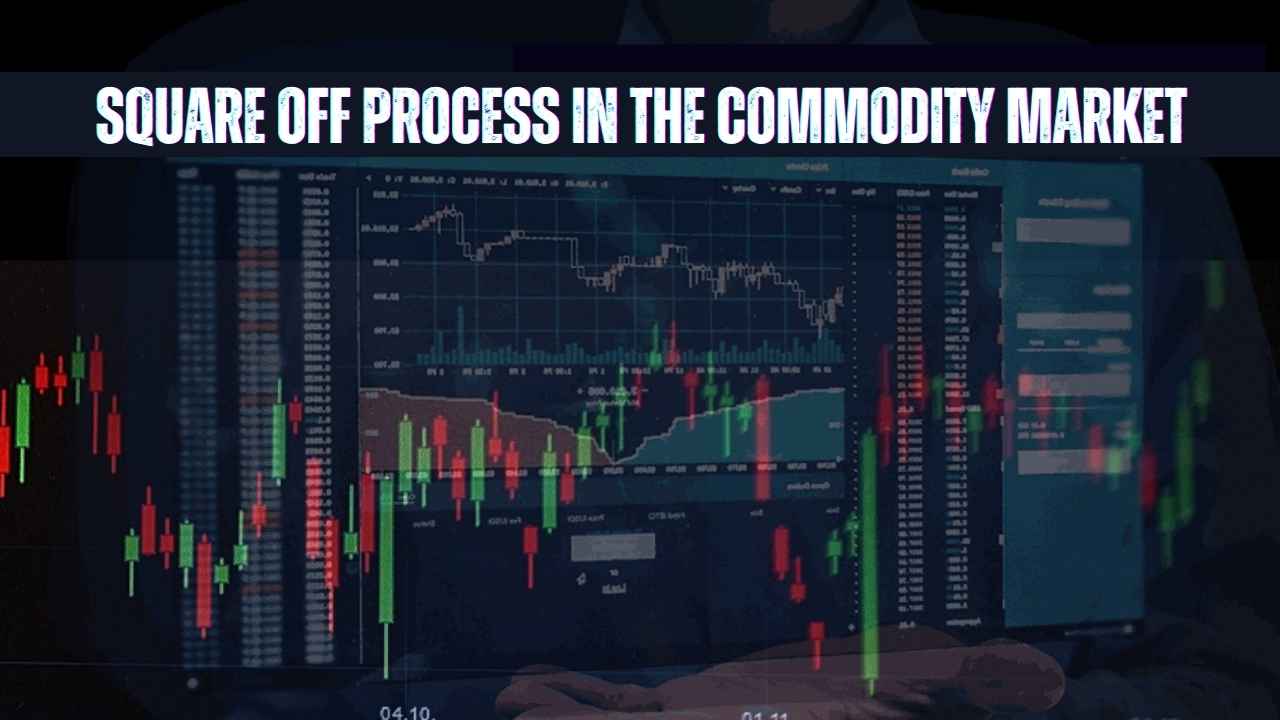Credit scores play a critical role in today’s economy, serving as the determinant of one’s creditworthiness for lenders. And yet, there are a great number of myths surrounding credit scores that cause confusion and sometimes injurious financial choices. This article sets out to dispel some of the most common myths surrounding credit scores.
Myth 1: Checking Your Credit Score Lowers It
There is a common myth that looking at your own credit score will harm it. In fact, when you look at your credit score, it’s a “soft inquiry,” which will not impact your score. On the other hand, “hard inquiries” like those initiated by lenders as part of a credit application can have a small effect.
Myth 2: Carrying a Balance on Your Credit Card Boosts Your Credit Score
Others believe that keeping a balance on their credit cards helps their credit score. Carrying a balance can drive up interest payments and harm your credit utilization ratio, an important aspect of your credit score. It’s best to pay off credit card debt in full every month.
Myth 3: Your Income Directly Affects Your Credit Score
Though income does come into play when lenders consider loan requests, it doesn’t directly affect your credit score. Credit scores are derived from credit history, payment behavior, and credit utilization, not income.
Myth 4: A Good Credit Score Means You Are Wealthy
A high credit score indicates responsible credit behavior, not necessarily wealth. Individuals with modest incomes can achieve excellent credit scores by managing their debts effectively and making timely payments.
Myth 5: Paying Off Debt Always Increases Your Credit Score
While paying off revolving debts like credit cards can positively impact your credit score, paying off installment loans (e.g., mortgages or auto loans) may not have a significant effect. However, timely payments on all debts are crucial for maintaining a good credit score.
Myth 6: Student Loans Do Not Affect Credit Scores
Student loans are handled just like any other installment loan and are reported to credit bureaus. On-time payments can have a positive impact on your credit score, but missed payments can have negative consequences.
Myth 7: Getting Married Merges Your Credit Scores
Marriage does not merge individual credit scores. Each person maintains their own credit history. Joint accounts or loans can affect both individuals’ credit reports, but marriage itself does not combine credit scores.
Myth 8: Using Debit Cards Helps Build Credit
Debit card usage is not sent to credit bureaus and therefore does not affect your credit score. To establish credit, one has to utilize credit products such as credit cards or loans and service them well.
Myth 9: Closing a Credit Card Improves Your Credit Score
Closing a credit card can actually decrease your credit score by lowering your available credit and decreasing your credit age. It is usually best to leave old credit cards open, particularly those that don’t have an annual fee.
Myth 10: A Low Credit Score Means Automatic Loan Rejection
While a low credit score can make obtaining credit more challenging, it doesn’t guarantee rejection. Lenders also consider other factors like income, employment history, and debt-to-income ratio when evaluating loan applications.
Myth 11: Credit Score Is the Sole Factor in Loan Approval
Credit scores are crucial, but they are not the only consideration. Lenders assess various aspects, including income stability, employment status, and existing debts, to determine creditworthiness.
Conclusion
Knowing the facts behind these myths is vital for proper financial management. Keeping track of your credit report regularly, paying bills on time, and taking care of debts correctly are some essential practices to keep a good credit score. Being informed helps you make financial decisions wisely and meet your financial objectives.











